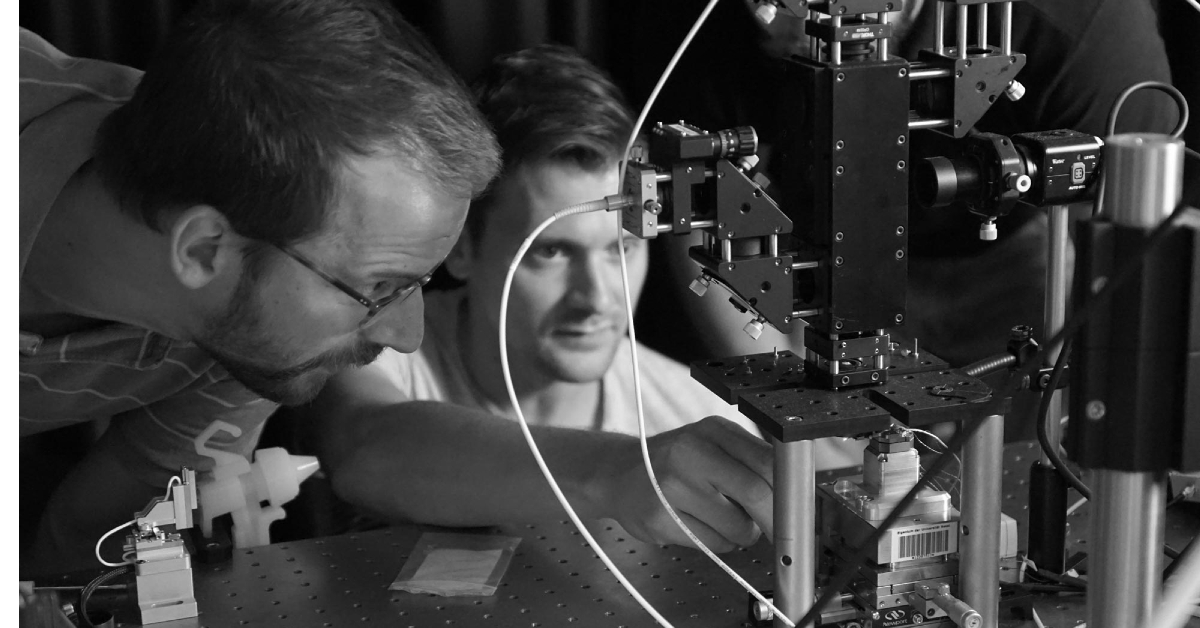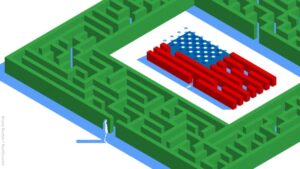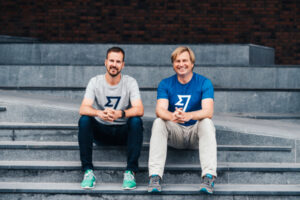Qnami, a Swiss company that is developing fundamental new technology using quantum mechanics, has raised a $4.4M (approx €3.6M) Series A financing round led by Venture Capital funds Runa Capital and SIT Capital.
Other investors including Quantonation, Verve Ventures, ZKB Start-up Finance, and the High Tech Gründerfond, also participated.
Runa Capital is a global venture capital firm built by serial entrepreneurs that invests in early-stage software and quantum startups around the world.
Funding utilisation
The funding will support the extension of Qnami’s patented quantum microscope technology into applications enabling the design and production of quantum computers and spintronics devices, plus scaling the launch of the Qnami ProteusQ, the first commercial Quantum Microscope.
Quantum sensing technologies
Founded by Mathieu Munsch, Patrick Maletinsky, Alexander Stark, and Felipe Favaro in 2017, the Swiss company develops quantum sensing technologies designed for nanoscale imaging.
It unlocks the ability to measure what has never been measurable before, enabling science and industry to improve people’s lives and the world.
A couple of years back, the company launched the Qnami ProteusQ, the first commercial Scanning NV (Nitrogen-Vacancy) Magnetometer.
This tool, which uses Qnami’s patented Quantilever diamond scanning probes, provides an innovative platform for the analysis of magnetic materials at the nanoscale.
Mathieu Munsch, Co-Founder, and CEO of Qnami says, “we have gained good market traction with the launch of the ProteusQ and Quantilevers in the materials research setting. Top researchers already use Qnami’s technology to discover and describe the magnetic properties of new materials.”
He adds, “tools to control the design and manufacturing process of such materials at the sub-micron scale are needed to steer product development and improve manufacturing yields. With this new investment, we will extend our technology into the cryogenic low-temperature environment, as well as into the spintronics design and manufacturing space, allowing scientists and process engineers to visualize directly the effect of any small change in their design or fabrication process.”
Call for startups with innovative solutions for the future cities from all over the globe.



![Read more about the article [Funding alert] Julia Computing raises $24M led by Dorilton Ventures](https://blog.digitalsevaa.com/wp-content/uploads/2021/07/c3706fc8aa882dc65eefe8c6d6d80bf6dc392b8e6cfe32bbe565d4904f58fd4e-1625550884415-300x150.jpg)






